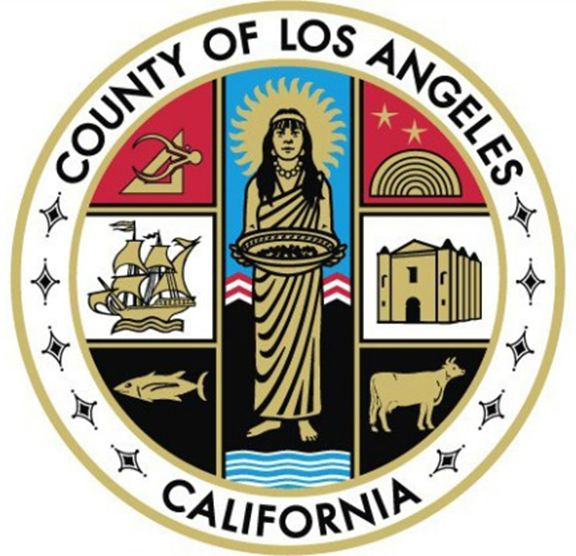ԵՌԱԳՈՅՆ. The Los Angeles County Board of Supervisors have designated April as “Armenian History Month” in their March 31st board meeting.
The motion authored by Supervisors Kathryn Barger and Janice Hahn, who represent the 5th and 4th Supervisorial Districts respectively, recognizes the Armenian community’s resilience, its rich history, and the tremendous contributions it has made to Los Angeles – home to the largest population of Armenians outside of Armenia. The resolution also affirms the County’s support for recognition and justice for the Armenian Genocide.
Since 2017, the Board has declared April as ‘Armenian History Month’, honoring the contributions and community service of Armenian-Americans at weekly Board meetings.
In light of the COVID-19 pandemic, Board presentations have been cancelled – as has the County’s official Amenian Genocide commemoration event. The motion, however, noted that these challenging times would “not deter us from honoring the proud and deserving Armenian people”, and that the County looks at the Armenian community as a “testament to the importance of perseverance and unity” in the face of extreme adversity.
Read also
“On behalf of the ANCA-WR, we express our collective gratitude to the Los Angeles County Board of Supervisors and authors Kathryn Barger and Janice Hahn for their continued and unwavering support for justice for the Armenian genocide, and recognition of the historic contributions of our community to the development of the county,” remarked Chair of the ANCA-WR Board of Directors Nora Hovsepian, Esq.“Considering these challenging times, we appreciate the County’s enduring resolve to honor and recognize the contributions of the Armenian community undeterred.”
The Armenian National Committee of America – Western Region prepared a public testimony submission thanking the County for proclaiming April as Armenian History Month. In the testimony, the ANCA-WR noted that the COVID-19 pandemic is a challenge we as a community must face together, stating: “While the COVID-19 pandemic is not the intentional man-made scourge that genocide is, just as the American Nation came together to assist the Armenian people in their time of need, it is now our colective responsibility to protect our common humanity by defending those most vulnerable during this humanitarian crisis.”
The ANCA-WR in particular recognized the frontline workers and first responders, including healthcare workers, teachers, religious leaders and humanitarian workers who have continued to put the welfare of others above their own in the most challenging of times – as they did over a century ago through the formation of the Near East Relief fund that saved 132,000 Armenian orphans and established over 400 refugee processing centers, hospitals, vocational schools and orphanages.
“To honor those shouldering the burden of this crisis today, and those who came before, the full force of the Armenian community in Los Angeles is working to contribute to providing relief and assistance to those in need.” Hovsepian continued. “With the formation of the COVID-19 Armenian Community Task Force, our community is committed to providing timely updates, comprehensive information and resources, as well as in-language services to our community to relieve pressure from first-responders and frontline workers.”
The Armenian National Committee of America – Western Region is the largest and most influential nonpartisan Armenian American grassroots advocacy organization in the Western United States. Working in coordination with a network of offices, chapters, and supporters throughout the Western United States and affiliated organizations around the country, the ANCA-WR advances the concerns of the Armenian American community on a broad range of issues in pursuit of the Armenian Cause.


























































